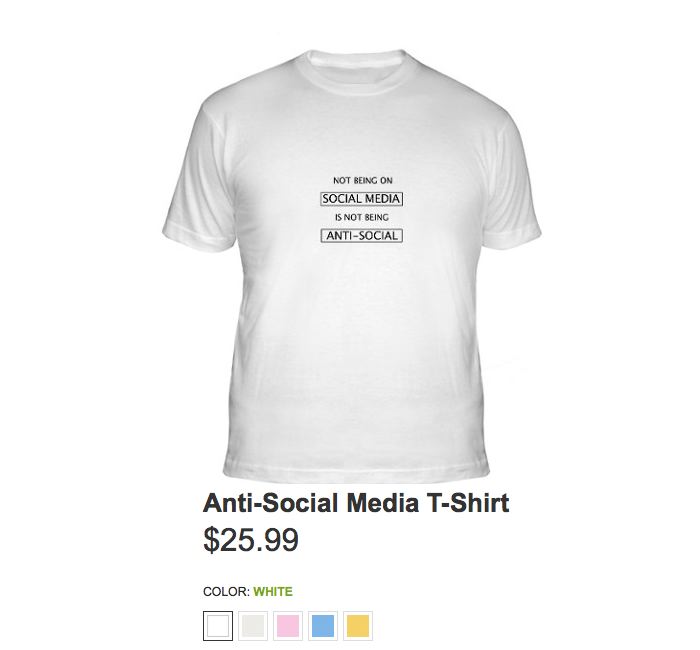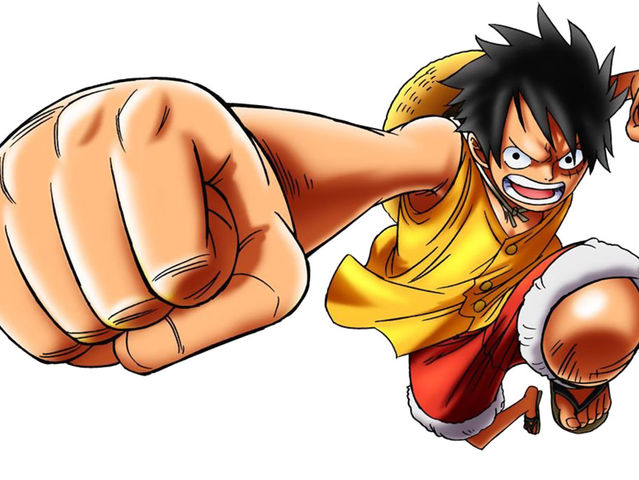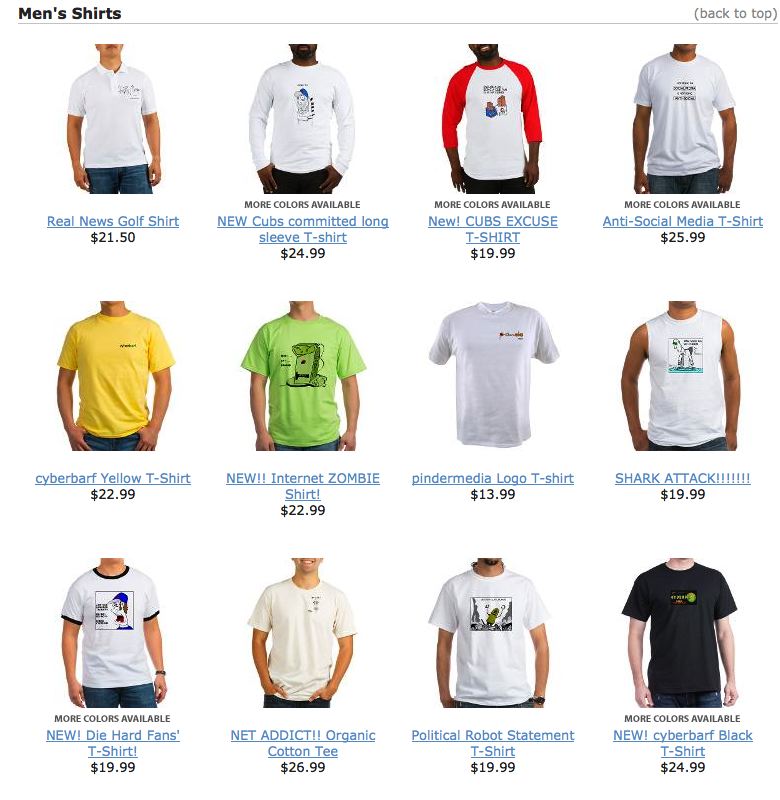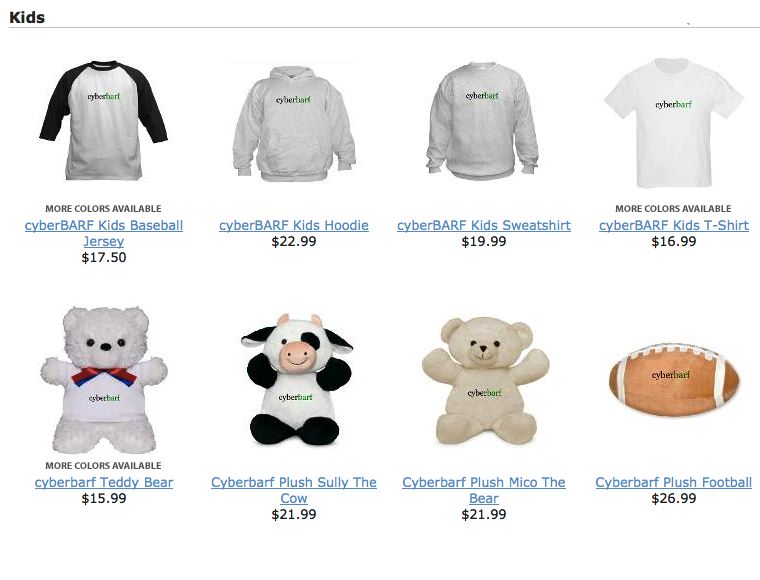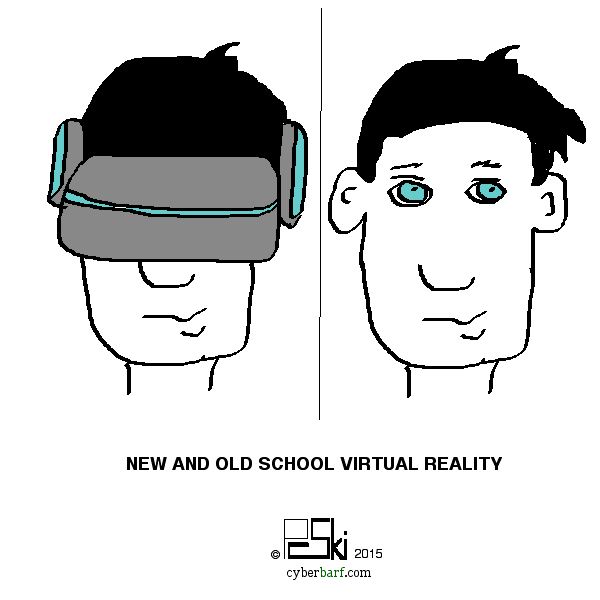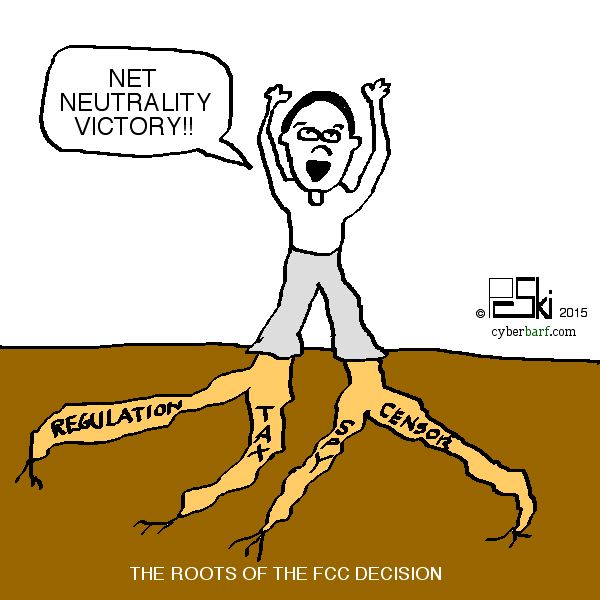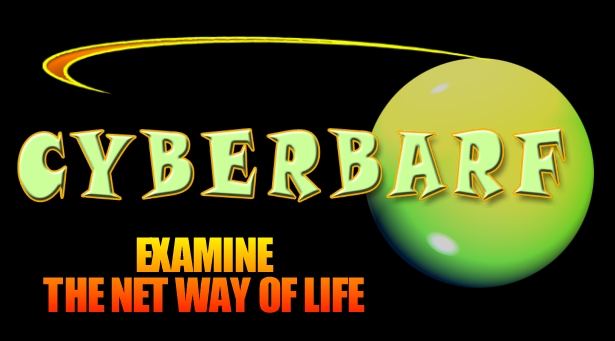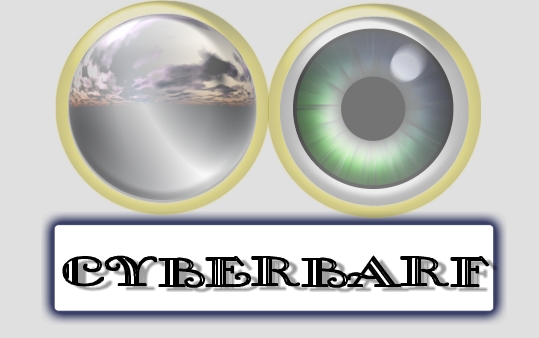|
cyberbarf VOLUME 14 NO.9 EXAMINE THE NET WAY OF LIFE APRIL, 2015 URGE OVERKILL WHETHER REPORT NOT LOST BUT FOUND WATCH YOUR STEP iTOONS AN ERA ENDS
NEW REAL NEWS KOMIX! SHOW HACK!
|
|
LADIES JAMS MULTIPLE STYLES-COLORS $31.99 NICE HOLIDAY GIFT
PRICES TO SUBJECT TO CHANGE PLEASE REVIEW E-STORE SITE FOR CURRENT SALES
|
©2015 Ski All Rights Reserved Worldwide Distributed by pindermedia.com, inc.
|
|
cyberbarf URGE OVERKILL MUSIC In a past life, being a college music director at the campus radio station was a rewarding diversion from normal academics. I had the opportunity to preview a hoard of new music before anyone else heard it. With great power came great responsibility. When programming a radio station, one has to have enough common sense to balance the carted music (in a set rotation) with the disc jockeys own selections. Our campus radio station was a 24/7 free form. We would get promo albums, singles and A&R press releases, and the occasional pre-recorded interview and miscellaneous swag. It was all part of the game to have the record labels play their artists in order to drive vinyl record sales. College students buying and listening habits were being formed and influenced by what they heard or experienced in college. And popularity on campus could jump-start a national hit record. So being self-aware of the power to expand musical minds was fun, but it was secondary to the quest to find new, interesting songs to play on the station or on my own radio show. There were many great lightning strikes of finding something new and exceptional to the ears. But one of the clearest memories was non-station related but an adventurous impulse buy. In our small campus town, there were two record stores within reach of the main campus. One Saturday morning, I walked a few blocks down to an old house converted into Kenny's Records. In the main parlor, orange crates were stacked in rows holding albums. It was an era where one could browse the stacks looking at the cover art, flipping for more information or lyrics, and some times tell the clerk to give it spin to hear it. But on this Saturday, near the check out counter, there was a New Arrivals bin. Normally I would have seen many of the LPs at least a week or so before they hit the stores. But for some reason, I started flipping through these new offerings when I hit a cover that stopped any search. You can't judge a book by its cover; and there is a tangent to albums. But the one I held in my hand (the only copy in the bin) was horrifically fascinating to the point where I did not think - - - just put the saw buck on the counter and left with it. I got back to my dorm room, carefully unwrapped the new record, placed it on my stereo and dropped the needle on the edge and waited - - - for the massive explosion of rock orchestration. For the rest of the morning, guys on the floor continually popped their head into the room asking what the heck was playing - - - so much so that I took my copy immediately to the station's production room to cart up the title track. I handed it to the disc jockey on the air and told him just to play it, he would not be disappointed. His eyes may have dilated with the first power chord. I took pride, even today, in my personal belief that I was one of the first person to play Bat Out of Hell on a radio station. This road down Memory Lane does have a purpose. Decades later I would occasionally hear songs from my old college playlist on the radio. Not mainstream bands, but those obscure, no-hit wonders that must have been heard in our little musical campus biosphere, to be carried like memory spores to their younger siblings or friends who in a burst of nostalgia still play them. I knew there was a connection because the three song set contained consecutive deep cut album songs by artists whose industry lifespan ended by my graduation. It was validation that taking the responsibility of finding interesting artists and songs could have a lasting, beneficial effect on people. In the past few years, reunions have rekindled interest in the old music. There is a new effort to listen to more music, both classic rock and the new stuff because I am not adverse to change. Once you get through the tall weeds of bad Disneyifed pop, there is plenty of talented artists continuing the rock n roll traditions. But it came as a complete surprise when I started to skim through iTunes. I was looking to listen to some of those new artists from the FM dial, looking at their catalogs, not with the intent to purchase but to gain background. Again, like that moment at Kenny's Records, for no apparent reason, I began typing in the search box the names of the obscure, out-of-print artists from my college playlists. I was stunned by the results. Old name after name kept popping up as available titles. Not just a regional single, but the whole album! I kept click-playing songs for more than hour. And the recommended links at the bottom of each page led me to even more artists that I had forgot about. Another hour passed, when I quickly realized that I had entered the danger zone. I have a fairly good vinyl record collection which I had on my to-do list to digitize at some point. So, now that I found that a lot of the collection is now on-line the urge has to be repressed to re-create the old radio station on an iPod. Apparently, many record labels decided to digitize their entire catalogs just to collect a few dollars instead of dust in a master vault. Ninety-nine cents is an impulse purchase point, but once that hole is chipped into the dam, a thousand more songs could be downloaded with a mouse click. Don't get me wrong, it is not the cost. There is some really good music that I have rediscovered (much like archeologists uncovering a pharaoh's tomb of past treasures). It is the possible obsessive behavior, time waster. Music had been mostly background noise when studying for tests or writing term papers. (Yes, one of the first true brain multitasking). When some say the internet has put the world at your fingertips, they are not lying; the present can have deep roots to the past. It is how we deal with these daily revelations that will forge the path in the future. I guess I could educate my nieces and nephews on how cool I used to be . . . at least in musical tastes (which I know are much different than their parents). Yeah, there always lingers the urge of a mild case of rebellious rock n roll.
|
|
cyberbarf THE WHETHER REPORT |
cyberbarf STATUS |
| Question: Whether the proponents of net neutrality rules will have buyers remorse when the FCC publishes its final rules? |
* Educated Guess * Possible * Probable * Beyond a Reasonable Doubt * Doubtful * Vapor Dream |
| Question: Whether virtual reality gaming will have a mainstream breakthrough this year? |
* Educated Guess * Possible * Probable * Beyond a Reasonable Doubt * Doubtful * Vapor Dream |
| Question: Whether tensions between Korea, Japan, Russia and China will impact trade channels this year? |
* Educated Guess * Possible * Probable * Beyond a Reasonable Doubt * Doubtful * Vapor Dream |
|
NOT LOST BUT FOUND ON THE INTERNET
A historical panel from Apple. |
NEW TO THE STORE CHECK OUT ALL THE STYLES!
THANK YOU FOR YOUR SUPPORT!
CYBERBARF
|
|
cyberbarf EXAMINE THE NET WAY OF LIFE |
"What passes for a culture in my head is really a bunch of commercials.." - - -Kurt Vonnegut, Jr. |
|
cyberbarf EXAMINE THE NET WAY OF LIFE cyberbarf WATCH YOUR STEP COMMENTARY The Internet is a cultural minefield. It connects people and events almost instantaneously. As such, all human error is served up for pubic opinion consumption - - - from cheers, jeers, disgust to pitchforks. Social bands of like minded individuals on a specific topic or political topic gives most corporations skyscraper sized dry heaves. Tweets, trends, search engine news of the moment roar across the globe like an avalanche. It does not matter whether it is true, false, speculation, opinion - - - it is not an intellectual discussion. At times, it is a firestorm of followers, pundits, fans, or spinmeisters of reactionary venom. There was a recent dichotomy of the push and shove of an Internet fueled news story. The British Broadcasting Corporation (BBC) is a state government owned news and entertainment force. Its programs have worldwide distribution (initially through the vast former colonial network of foreign countries). It has strict policies and standards for its programs and on-air talent (including morals clauses which still are used in the U.S. in some employment situations, like entertainment and education fields). Some of BBC's talent are global celebrities. Top Gear, a car review and motoring show, is billed as the world's most watched factual information program. It is carried in 214 different countries. It has a weekly audience of 350 million viewers. (For US comparison, that viewership is more than three times the MASH finale at the peak of network channel power.) The program goes around the world, testing exotic supercars, bantering around in old car challenges, and at times being politically incorrect. In the past, critics have lambasted it for the show's presenters comments about India, Mexico and conduct in Argentina which recently led to the halt of a production shoot because of angry local mobs. The BBC as the crown jewel of broadcasting takes all criticism seriously. For some, to political correctness to an extreme. In order for the BBC, a not-for-profit, to exploit its show brands it created BBC Worldwide to syndicate content. Various reports have stated that Top Gear was BBC's most revenue producing profit center, bringing in $75 to $100 million US to the BBC budget. Whether this status fueled the celebrity egos of the show's presenters, Jeremy Clarkson, Richard Hammond and James May, is open to debate. Clarkson was clearly an individual who liked to poke authority, as he also wrote newspaper columns jabbing various politicians, policies and the growing nanny state culture. As a country that views diversity paramount, Clarkson was given a long leash in the U.K. But all leashes have their limits. As the 22nd series was wrapping filming in March, there was a fracas with Clarkson and the film crew. When the story first broke, the details were sketchy. Some believed it was Clarkson being his normal blowhard self in regard to an issue of bad catering services. Talent having a fit happens on just about every movie set. It could have blown over except for the lightning rod celebrity status of Clarkson, and his superiors have given him previous warnings about his past controversial conduct. Clarkson turned himself into the BBC in reporting the incident. Then suddenly, the show was suspended with three episodes yet to air and the BBC launched a formal investigation. That is where the Internet exploded with the pros and cons. More than one million fans signed an e-petition to the BBC to reinstate Clarkson (it was delivered to the corporate headquarters on top of military tank.) The circus continued when the British tabloids, always n the prowl for a celebrity takedown story, began pulling out the alleged details of the fracas. It was reported that after a long day shooting in the countryside, the crew returned to their small hotel to find that there would be no hot meals for dinner. Clarkson had expected to have a steak. He allegedly went into a thirty minute tirade against a show producer, threatening to fire him, and the altercation ended with Clarkson hitting the producer (which resulted in a split lip). The details split public opinion. In any workplace, if an employee hits another employee that is immediate grounds for dismissal. It is unacceptable and unprofessional conduct. The majority view was that Clarkson was wrong and that he had to pay the penalty. A small group sought to blame the production team for not doing their job, but that notion was quickly drowned out. Despite fans wanting their favorite car program to continue, the BBC was cornered into making the harsh yet correct decision not to renew Clarkson's $1 million plus contract. As a result, the glue that kept the program with its popular presenter banter and personality was gone. The BBC said the program would return in a new form, but photographs surfaced of the iconic Top Gear hanger set being dismantled. As with any major change, A sequel may not be as good as the original. Public opinion was again divided on whether the show could continue with new presenters. Clarkson's punch cost him multi-millions of dollars. It also probably cost him to ability to work abroad, as the police have started its own criminal investigation (despite the fact the producer stated he did not want to press charges.) If Clarkson has a conviction on his record, he will not be able to get a work visa in foreign countries (the staple of the show's filming sequences). Many wrote and tweeted that Clarkson would be a hot commodity if the BBC let him go. Speculation had Murdoch's SkyTV or the independent iTV channel would jump at the chance of signing a ratings magnet. But after the dismissal became official, there were no offers as in the industry, Clarkson is still toxic. In the US, if a celebrity did something bad, he or she would make a tearful apology then go into rehab for a month or so, then return to general forgiveness. It seems that the UK takes bad behavior responsibility to a higher standard. Social media and the net are the digital gallows in the culture of celebrity worship. Time after time, people do not realize what you do in public will find its way into the digital world with real world ramifications. Stupidity seems to be the fuel that keeps the net spinning at top speed. No one can challenge the Top Gear decision, even though it will cost the BBC its best cash cow. Viewers will lament the strange end to their favorite car show. The Internet and social media will then grind forward to the next celebrity scandal.
cyberbarf AN ERA ENDS ANIME NATION Another jog down memory lane is the news that the Great Triad of Japanese anime is slowly fading away. When one had the opportunity to sit hyperactive nephews, the idea of a fighting cartoon allowed for some rest time. During a run of imported animation such as Pokemon and Dragonball Z allowed classic Japanese fantasy-fighting stories to take deep root in America. Naruto, Bleach and One Piece have strong followings in the States due to the popularity of the original Toonami program block. Anime is an extremely niche market. But the Internet, first through illegal fan sub sites to now legal streaming services like crunchyroll, a person with an Internet connection can find any type of import anime. In fact, it was the fan sub sites and illegal uploads of programs that built interest in these titles when American television channels balked at paying license fees to air uncut versions. Each had similar features: the shows were geared for boy tweens, but each also incorporated strong women characters to fight along side the main hero. In American cartoons, there is a set premise of the hero, the villain, conflict (fights) and the hero being victorious. In anime, they follow a similar path, but at times the road to victory is longer, harsher and villains just as powerful. And the three great anime titles also included a long journey for the main character, and viewers could find the hero grow up from a boy, learn important life lessons about important matters like the bonds of friendship, to become an even stronger young man. Naruto just concluded its manga and animation series runs. It probably was the most popular graphic novel/comic and animation series on adult cable. It last for 15 years, several movies and game franchises. Bleach abruptly ended its anime run while its manga series is coming to a slow final story arc. Bleach is the story of the genre of soul reapers trying to balance harmony between the various worlds of humans and demons. One Piece, with its goofy supernatural characters and over-the-top fight sequences, continues to motor ahead as the probably the most popular animation franchise on the planet. Luffy, the rubberized kid pirate brings together a band of misfit characters with their own special skills to fight their way against authority and other pirates in a quest to find the ultimate treasure.
Each show combined the art of ninja fighting, odes to Japanese folk tales, and the supernatural elements of a fantasy world. But each fantasy world had incredibly dense and layered rules and mythology which held true like the Star Trek manual. As a result, viewers could immerse themselves in the connections between characters, the strengths and weaknesses in each character. Each show allowed for a diverse cast of characters of all shapes, sizes and skills; it created a true environment where any viewer could identify with even secondary character traits as their own. But in order to be so popular and long running (Naruto, Bleach and One Piece graphic novels are often on the top of graphic novel sales lists in US), the story has to be both complex and compelling to young readers and viewers whose attention spans are constantly getting shorter to due to endless content on the net. The success of Japanese anime is tied to the popularity of the root stock of the stories: the manga series. Comics in Japan is not frowned upon for adult consumption (that the US lagged until geek culture gained critical mass). And with many Asian cultures, a long term view of the world allowed manga creators the time (decades) to write and illustrate their epic stories. The three major series were the portal for many viewers to explore and find other Japanese entertainment options, such as the works of the great master animator, Hayao Miyazaki. But as the audience ages, tastes and preferences change and niche markets struggle to hold on to their followers. As the speed of distribution of pop culture series from one country to another (as in the first US and Japan premiere of Space Dandy) is now almost in sync, there remains in all content whether the attention span of its intended audience is sustainable. Niche markets can find a loyal brand presence overseas. But with the shift in entertainment towards YouTube entertainers and away from cost-heavy traditional show production, even niche markets are being squeezed by new competition.
|
|
THE PINDERMEDIA STORE IS FULL OF FUN T-SHIRTS CLOTHES, HATS AND OTHER ITEMS. CHECK OUT THE STORE FOR ITEMS
SUPPORT cyberbarf VISIT THE CYBERBARF STORE! Prices and styles may vary depending on sales, allotments, inventory. |
|
cyberbarf.com EXAMINE THE NET WAY OF LIFE iToons
|
|
BACK IN BLACK WITH THIS CLASSIC CYBERBARF T-SHIRT!
FEATURING: THE REAL NEWS IMPACT EDITORIAL CARTOONS WRIGLEYVILLE WAR POLITICS ENDORPHIN RUSH THE DARK ABYSS RANDOM ELECTRONS SPECIALS
FEATURING: THE REAL NEWS ARCHIVES CARTOONS MADAME'S TEA HOUSE THE BAR EXPLORE THE CITY SCAPE UNDER CONSTRUCTION SURPRISES ESTORE SPECIALS |
NEW THEORIES AND CHARACTER ESSAYS INCLUDING 10 YEAR ANNIVERSARY ARTICLES
cyberbarf
THE STEAM PUNK SPECIAL EDITION featured new Music from Chicago Ski & the (audio) Real News: (mp3/4:14 length)
EXAMINING THE NET WAY OF LIFE cyberbarf™ distributed by pindermedia.com, inc.
|
cyberbarf
Distribution ©2001-2015 pindermedia.com, inc.
All Ski graphics, designs, cartoons and images copyrighted.
All Rights Reserved Worldwide.


